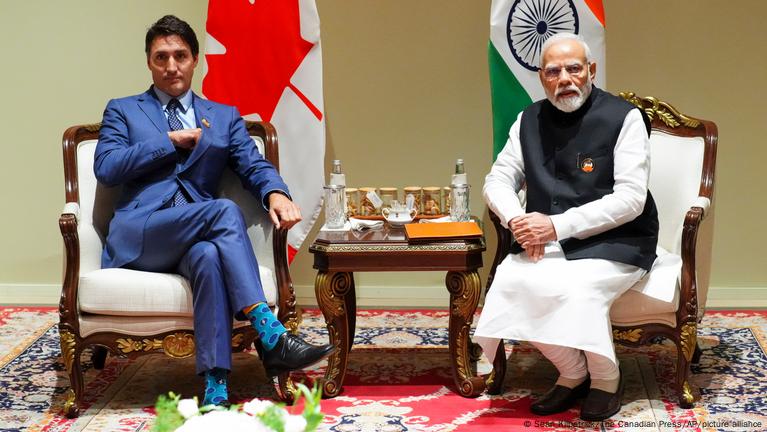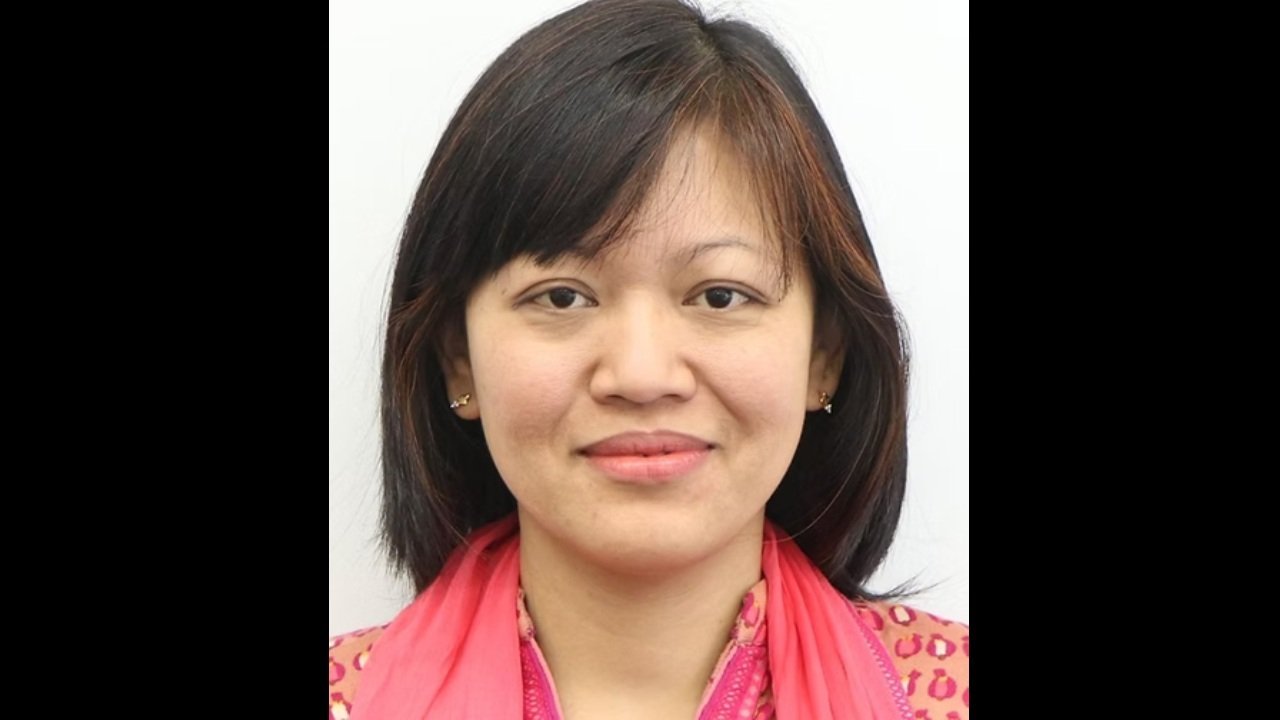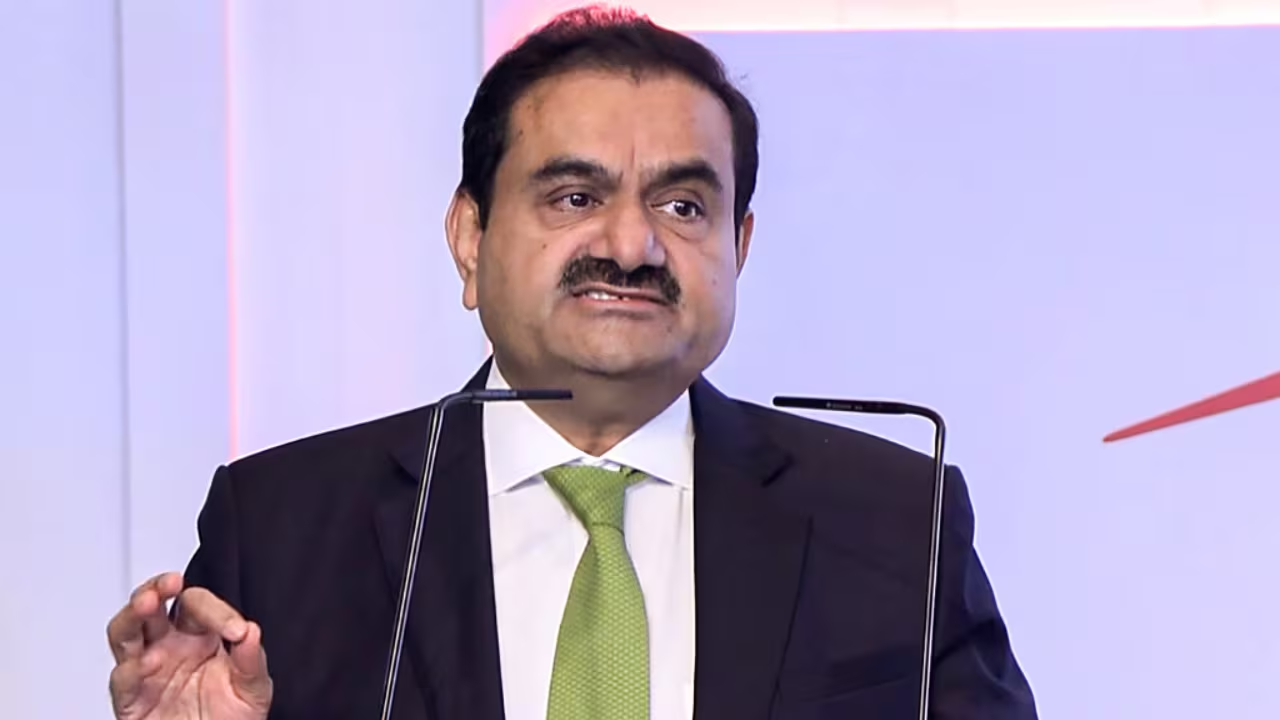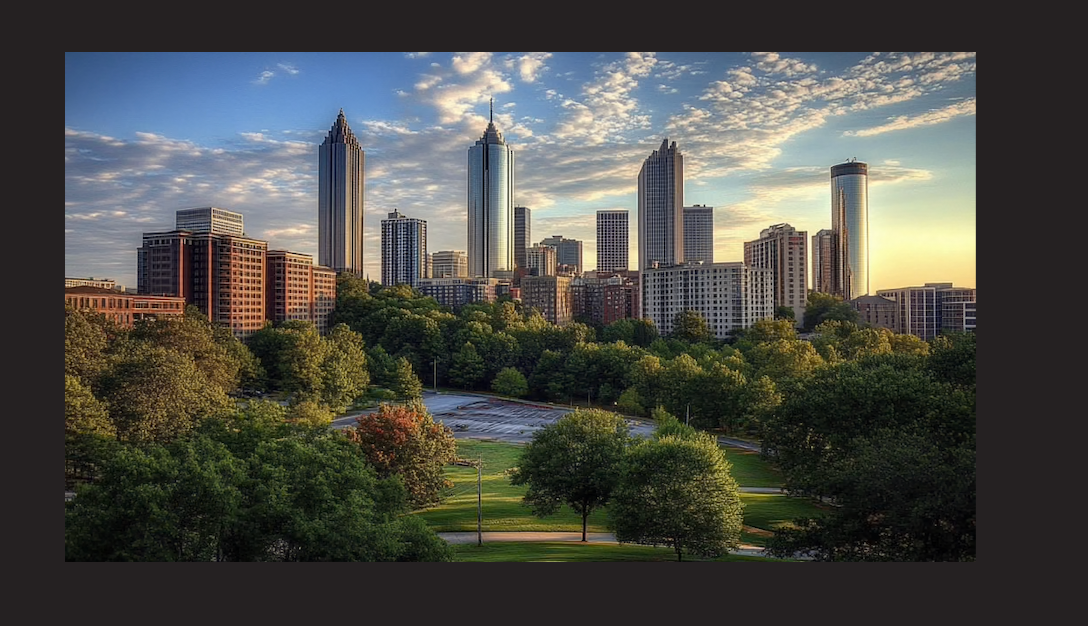-
As Justin Trudeau, now seeking re-election, faces this diplomatic fallout, Canada’s Sikh community—an influential voting bloc—may play a pivotal role
-
While both nations have long benefited from each other’s strengths, the recent turn of events underscores a deep and complex issue that challenges the core of Indo-Canadian relations
The relationship between India and Canada has reached a historic low, marked by diplomatic expulsions and rising tensions. Despite decades of strong ties and shared goals in trade, security, and the international arena, recent events have severely strained this bond, greaterkashmir.com reported.
The rift escalated when Canada accused India of involvement in the murder of Hardeep Singh Nijjar, a Canadian citizen and prominent advocate of the Khalistan separatist movement. The allegation led to mutual expulsions of senior diplomats, intensifying the diplomatic discord and casting a shadow on one of the world’s most robust international partnerships.
Canadian Prime Minister Justin Trudeau’s claims of India’s involvement in Nijjar’s murder have provoked strong responses from New Delhi, which denied the accusations, labeling them as baseless.
India argues that Canada overlooks Nijjar’s criminal background, including his alleged leadership role in the banned Khalistan Tiger Force. During a brief meeting with Trudeau in New Delhi, the Indian government conveyed its concerns about extremist elements in Canada promoting separatism and inciting violence against Indian officials.
-
Historically, India and Canada have enjoyed amicable relations with cultural and familial links dating back to British colonial times
-
The two countries, both members of the Commonwealth and G20, celebrated “The Year of India” in Canada in 2011, underscoring decades of friendly collaboration
-
The current situation starkly contrasts with the friendship shared by Trudeau’s father, former Canadian Prime Minister Pierre Trudeau, and India’s first Prime Minister, Jawaharlal Nehru, during the late 1960s
This discourse spotlights a contentious issue: the Khalistan movement, a campaign for an independent Sikh state in India, which India has long opposed.
Canada hosts the largest Sikh diaspora outside of Punjab, India, with approximately 770,000 people identifying as Sikhs, making up about 2.1% of its population.
Sikhism is Canada’s fourth-largest religion, and the community holds significant influence, particularly in politics. The growth of the Indian population in Canada has been substantial; between 2013 and 2023, the number of Indians migrating to Canada increased by 326%. Additionally, Indian student enrollment at Canadian universities rose fiftyfold between 2000 and 2021, reinforcing Canada’s status as a preferred destination for Indian immigrants and students.
However, the Khalistan issue remains a sore point. While Nijjar, who became a Canadian citizen in 2007, emerged as an influential figure in this movement, India alleges that he masterminded terrorist activities within its borders.
The Royal Canadian Mounted Police (RCMP) investigated him, adding him to Canada’s no-fly list and freezing his accounts. Nonetheless, Nijjar was reportedly assassinated in June 2023 in Surrey, British Columbia, which intensified India-Canada hostilities.
The confrontation has drawn in the U.S. and U.K., both allies of Canada. The United States recently linked Nijjar’s assassination with an unrelated indictment involving an Indian national in a failed murder attempt in New York, suggesting a broader investigation of Indian activities on foreign soil.
This additional scrutiny has strained the ties further, as both nations continue to hold divergent views on Nijjar’s activities and the Khalistan movement.
***********************************************************
Readers
These are extraordinary times. All of us have to rely on high-impact, trustworthy journalism. And this is especially true of the Indian Diaspora. Members of the Indian community overseas cannot be fed with inaccurate news.
Pravasi Samwad is a venture that has no shareholders. It is the result of an impassioned initiative of a handful of Indian journalists spread around the world. We have taken a small step forward with the pledge to provide news with accuracy, free from political and commercial influence. Our aim is to keep you, our readers, informed about developments at ‘home’ and across the world that affect you.
Please help us to keep our journalism independent and free.
In these difficult times, running a news website requires finances. While every contribution, big or small, will make a difference, we request our readers to put us in touch with advertisers worldwide. It will be a great help.
For more information: pravasisamwad00@gmail.com








